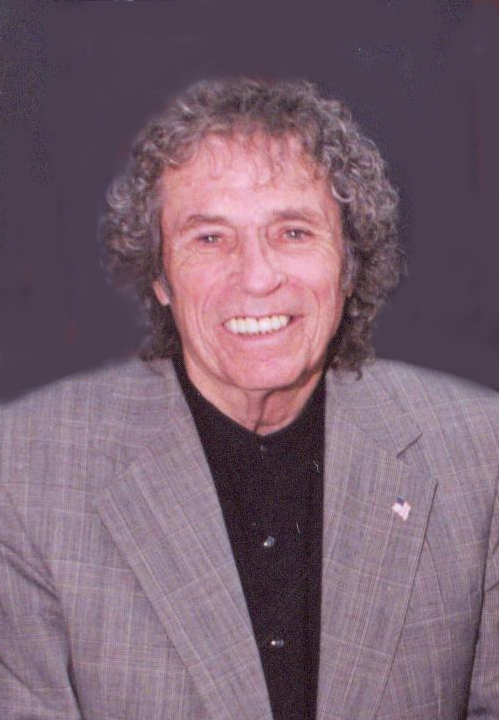
DURHAM, N.C. (BP)–The legalization of narcotics has been widely debated in recent years both in the private sector and in positions of political power. Proponents of legalization argue that by regulating the cultivation, manufacture and distribution of such presently illegal substances as marijuana, cocaine and heroin, crime rates would be significantly reduced.
Only by definition, however, would crime rates be reduced. If we were to redefine crime to no longer include the possession and distribution of controlled substances, then, of course, crime rates would be significantly reduced. And, if we were to redefine crime to no longer include homicide, the murder rate would also be significantly reduced.
During a visit to Santa Fe, N.M., in the fall of 1999, we had an opportunity to meet with Gov. Gary Johnson, who had publicly advocated legalization. He reasoned that if cocaine and heroin were made legal and affordable, there would be less larceny, prostitution and violent crime. This conclusion was based on the assumption that addicts would no longer have to struggle to attain the finances necessary to underwrite the expense of their drug habits. However, he had failed to consider that many of these crimes are committed not only out of financial necessity but also because persons under the influence of these substances lose control of their lives.
For example, persons addicted to cocaine may commit some violent acts, such as assaults, not for financial gain but because they have become paranoid and volatile due to their drug use. Furthermore, not only do drug addicts become thieves and prostitutes in order to sustain their drug habits, but also to meet such basic needs as food and shelter. Persons who are addicted to drugs such as cocaine or heroin are not feasibly able to maintain their jobs for significant lengths of time. Drug abuse fosters both unreliability and incompetence.
Certainly the causes of drug-related crime extend far beyond the need to support one’s drug habit.
Retired Chief Duane Harrell of a Florida’s sheriff’s department and a veteran of more than 30 years in law enforcement attributed much of the rapid employee growth in his force to the burgeoning drug problem. “Drug users and drug pushers are involved directly or indirectly in over 80 percent of the criminal activity in our area,” he commented. “The terrible problem is destroying our society!” Community leaders across the country can relate the same story.
Not only is the philosophy that legalization would reduce crime rates impotent, but there is more to consider than may appear at first glance. During the same visit to New Mexico’s capital, Lt. Gov. Walter Bradley, an active Southern Baptist, offered this observation, “If illegal drugs were made legal in this country, the same entitlements that apply to persons covered under the disabilities act would then apply to those who abuse drugs, such as cocaine and heroin.” This would mean that persons addicted to one of these presently illegal drugs could not be fired from their jobs for using drugs and would be entitled to file claims for disability. Drug addictions would then be proliferated and subsidized by insurance companies and the already anemic social security fund.
And, of course, the legalization of these potentially dangerous substances would make them cheaper and easier to acquire. They would bear the stamp of public approval and the numbers of those suffering from drug-related problems would greatly multiply. The results of the legalization of alcohol after Prohibition provides clear evidence of this.
We will agree that our efforts to date to curtail drug abuse in this country have utterly failed. Pouring billions of taxpayer dollars into interdiction efforts is not the answer. There must be a better way, but legalization is not a better way.
–30–
Stone and Barber, of Durham, N.C., are coauthors of two new books on alcohol and drug abuse, “The Drug Tragedy – Hope for the One Who Hurts” and “The Drug Tragedy – Hope for the One Who Cares,” both available from LifeWay Christian Stores.

















